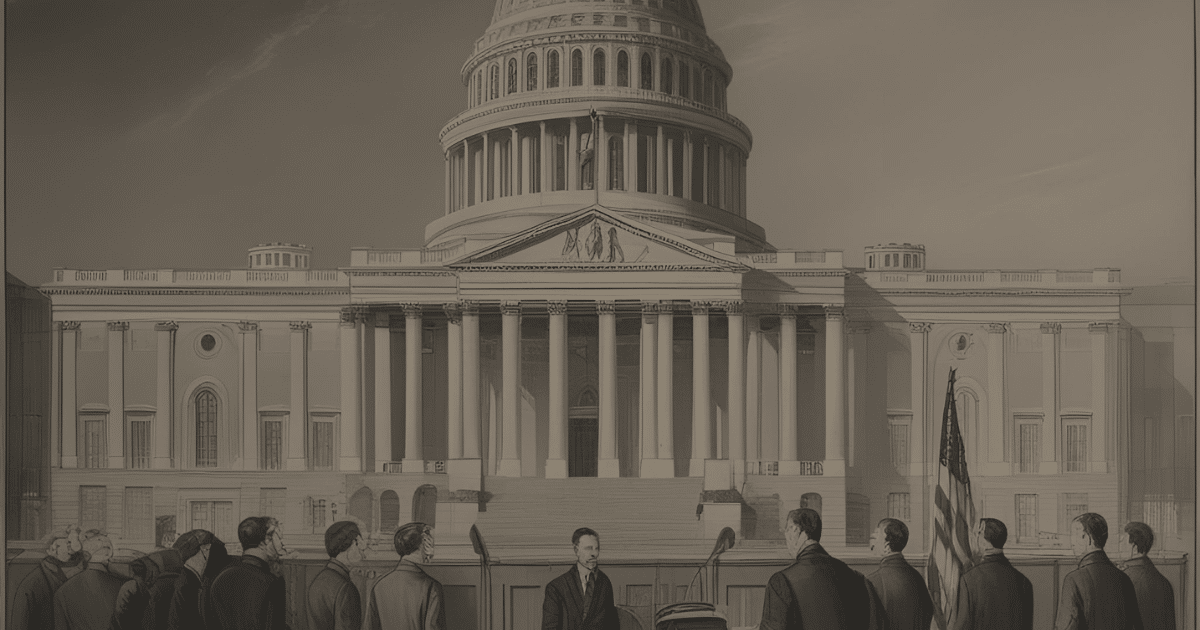An end-of-year tax crisis for America’s brewers, distillers, and winemakers has been averted after Congress passed a bill on December 19 that included a one-year extension of the Craft Beverage Modernization and Tax Reform Act (CBMTRA).
The bill, which is now on its way to the president’s desk and is expected to be signed on Friday, December 20, ensures the reduced excise tax rates passed under the CBMTRA in 2017 stay in place for the nation’s alcohol producers for at least one more year and allows the transfer of beer in bond between brewers. The original legislation was passed as a two-year provision in the Tax Cut and Jobs Act of 2017 and was set to expire at the end of 2019.
CBMTRA creates a substantial reduction in the excise taxes—taxes paid by alcohol manufacturers when they sell their products. For distillers, excise taxes on the first 100,000 proof gallons dropped from $13.50 to $2.70. For domestic brewers producing less than 2 million barrels of beer a year, taxes on the first 60,000 barrels of beer were reduced by 50 percent, from $7 to $3.50—a savings of $210,000 for brewers such as Minnesota’s Summit, Surly, and Schell’s. The bill also lowers excise taxes from $18 per barrel to $16 per barrel on the first six million barrels for all other brewers and all beer importers. For winemakers, the bill decreases on the amount taxed per gallon and adjusts the amount taxed on wines of differing alcohol levels.
There was growing consternation in recent months among alcohol producers that the bill, which had broad bipartisan support in both chambers of Congress, might not reach the floor for a vote, but none so much as among craft distillers. If the law had not been renewed, Minneapolis’ Tattersall Distilling forecasted that it would cost the business roughly $400,000 in 2020. Other distilleries were preparing for even worse repercussions, according to American Craft Spirits Association president and Du Nord Craft Spirits distiller and co-founder Chris Montana. “When we put out a call [to craft distillers…], we got about 100 distilleries responding back and 5% of them were just going to close period,” Montana says.
However, language to extend the tax break was included in a tax extenders package that was added as an amendment to H.R. 1865 and was approved by the House by a vote of 297-120 on December 17. The bill moved to the Senate where it passed on December 19.
“It doesn’t do what we ultimately wanted, which was to make it permanent,” says Montana, who was part of a coalition of alcoholic beverage industry groups—including Beer Institute (BI) and the Brewers Association (BA), the Distilled Spirits Council of the United States (DISCUS), the American Craft Spirits Association, Wine America, the Wine Institute, and the U.S. Association of Cider Makers—lobbying for CBMTRA in the past two years. “But, you know, if you’re asking me what’s better, falling off a cliff and waiting for permanence or getting another one-year extension so we can go back next year and do this whole thing again, it’s definitely getting the one-year extension.”




